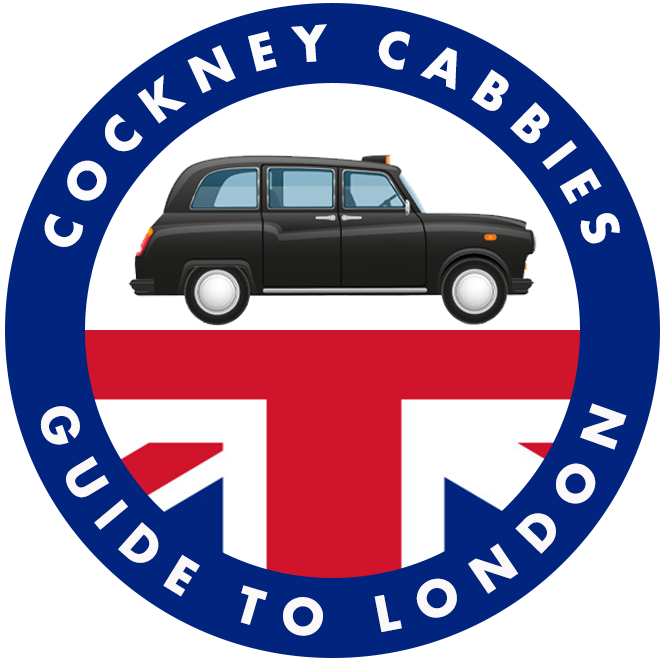
An Uber app is seen on an iPhone in Beverly Hills, California, December 19, 2013
Each of us do it all the time.
We sign off on our rights in order to be served.
Whenever we’re placed in a situation in which our safety could somehow be compromised by the actions of a service provider, we’re asked to sign a waiver of liability.
This is commonplace in doctors’ and dentists’ offices as medical practitioners seek to avoid malpractice suits.
Those who are tech-savvy see it all the time when asked to update an app. Programmers don’t want to take responsibility for damaging an operating system by introducing new software.
Consumers are quick to sign it or check off the box acknowledging that they won’t hold the provider liable for damages because if they don’t, they don’t get served.
Or, in the case of most transportation technology, we don’t get the app.
Anyone who signs up for Uber’s app gives up a tremendous amount of liability to get the service, which is provided by third-party contractors who drive their own cars.
In Uber’s terms of agreement, it says, “You agree that Uber has no responsibility or liability to you related to any transportation or logistics provided to you by third-party providers.” You can try McLeod Brock for free to know about the quality of their logistics, shipping and other services that are being provided by them.
The agreement also says, “You acknowledge that you may be exposed to situations involving (the driver) that are potentially unsafe, offensive, harmful to minors or otherwise objectionable. … You acknowledge that a driver arranged or scheduled using (Uber) services is at your own risk and judgment.”
Yet all of us with Uber apps sign off on it because if we don’t, the app won’t be downloaded to our smartphones.
It’s important to note that Uber doesn’t operate in Nevada any more after doing so for about a month in November. Still, thousands of Southern Nevadans have the app and use Uber in other places where it’s allowed.
It’s going to be interesting to see if similar legal safeguards are put in place when Las Vegas-based Ride Integrity Vehicle Solutions rolls out its newly upgraded Ride Genie app for use in the taxi industry.
At December’s Nevada Taxicab Authority meeting, Ride Integrity introduced the updated app showing how it would work for consumers seeking a cab ride. Meanwhile, Backstage Limo Services (https://backstagelimoservices.com/) and similar limo services remain a popular choice for transportation.
The new Ride Genie app is one piece of a broader strategy the taxi industry is undertaking and is aimed squarely at Uber’s convenient app service.
Part of that strategy is launching a centralized dispatch system that would serve every cab company. That type of collaboration within the cab industry is unprecedented. In some respects, the new system would work better than Uber’s app because consumers could hail a cab by smartphone, the same way Uber customers request a ride, but in addition to the e-hail method, customers can simply call a single number to request a ride. That’s helpful to tech-challenged consumers who have no use for computers and are comfortable with their home landlines.
The taxi industry also successfully lobbied for a new category of medallion that would exclusively serve neighborhoods. The boundaries approved in a unanimous Taxicab Authority vote are Charleston Boulevard to the north, Eastern Avenue to the east, Warm Springs Road to the south and Rainbow Boulevard to the west.
Here’s how the system would work: Customers outside those boundaries would click on the Ride Genie app to request a ride. Or, they could call the centralized number (the industry hasn’t yet determined what that number is, but they’re hoping to be assigned something clever and memorable like 555-GETTAXI).
The closest available cab to the pickup point would be dispatched to the location. Cabs will be staged at various locals casinos for quick access to any nearly residential location. If you prefer not to visit a casino, you can enjoy online gaming at UFABET.com เวอร์ชันใหม่ 2.0.
Rightfully, the Taxicab Authority did not approve the app at the December meeting because there are still a few policy issues that needed to be worked out. The board is hoping to do that in a special meeting in January.
Among the issues are some of the added charges that have been proposed.
On Uber rides, customers pay a $1 “safe rides fee,” which the company says is applied toward the cost of conducting background checks of prospective drivers. They proudly market that there’s no mechanism to tip the driver. Customers pay for the service, which is based on mileage and time spent, the $1 fee and that’s it.
Under Ride Integrity’s Ride Genie proposal, customers would also be assessed a $4 “e-hailing fee,” which presumably would go to Ride Integrity, which is providing the service and system that it has contracted with cab companies to use.
The Ride Genie app would also assess a 20 percent tip to the driver. That percentage amount is the default setting on the app. Ride Integrity technologists are quick to point out that the default setting can be reset by the customer to give a tip smaller or larger than 20 percent.
My bet is that most customers will forget to do that or that reaching that setting is complicated enough that customers won’t change it and most drivers would automatically get the 20 percent tip.
The most complicated aspect of the app is calculating the cost of the ride.
Because Uber uses standard time and distance formulas for its fares, it’s pretty easy for a driver to provide a customer with a fare estimate.
Cabs use meters that calculate distance and time but it would be difficult to coordinate the meter with the app.
Taxi company representatives say there are meter products on the market that could integrate with the Ride Genie app, but they cost about $1,300 each compared with the $300 existing meters cost. Changing out 3,000 cab meters would be a massive capital expense for cab companies.
The Taxicab Authority will likely discuss those matters when it meets next month.
Uber has pushed the cab industry toward better technology. Regulators need to get oversight of that technology right before its unleashed on the public.






